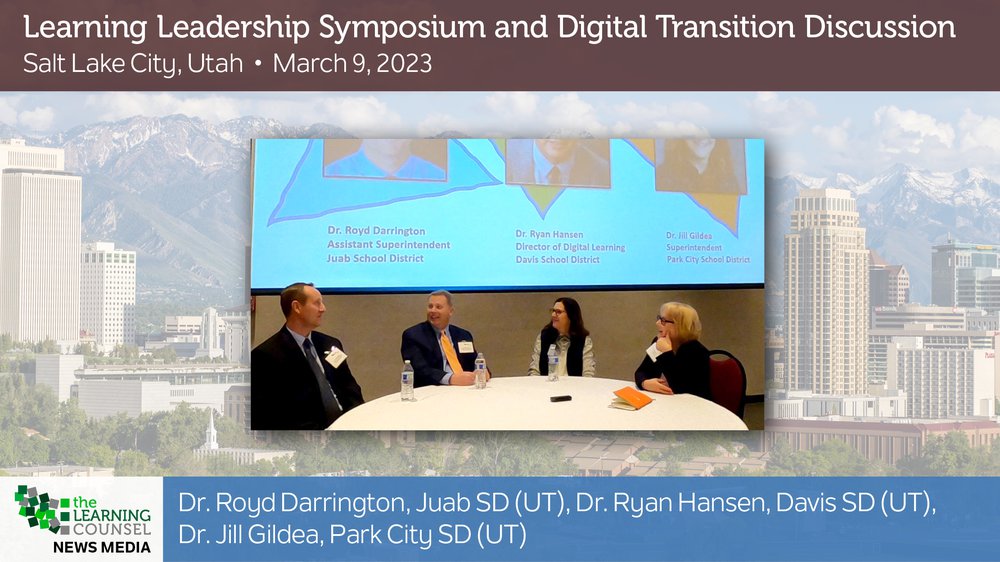Innovation in education is a term that has gained a lot of attention in recent years, with many people hoping that new technologies and teaching methods will help to improve outcomes for students. However, as discussed during the Learning Counsel Educator Panel in Salt Lake City, it's important to first clarify the outcomes we're trying to achieve through education before we can truly innovate.
One key area where innovation is needed is in identifying and addressing the specific needs of individual students. This involves having conversations with students and their families about what they value and what their goals are, rather than simply relying on test scores or other measures of academic achievement. As one educator noted, "we really try to let students come in and respect that jagged profile of a learner and say, what do you value? Because you can value something different than the student just next to you."
Another area where innovation is needed is in breaking down the barriers between different content areas and age groups. By creating opportunities for real-world projects and internships, educators can help students see the connections between different subjects and gain valuable skills and experiences that will benefit them in the long term. As one educator put it, "we find that kids who have those experiences, we know they're doing better overall. So why isn't the redesign starting around that?"
But while innovation is clearly needed in education, it's important to remember that it must be guided by a clear sense of purpose and direction. As one educator noted, "starting with what is the target or the outcome that you're looking to achieve? And rather than what is our target starting with what is parents and students targets for themselves, right?" Only by clarifying our goals and engaging students and families in the process can we truly innovate and transform education for the better.
Watch this video to see what Dr. Royd Darrington, Dr. Ryan Hansen and Dr. Gildea had to say.










